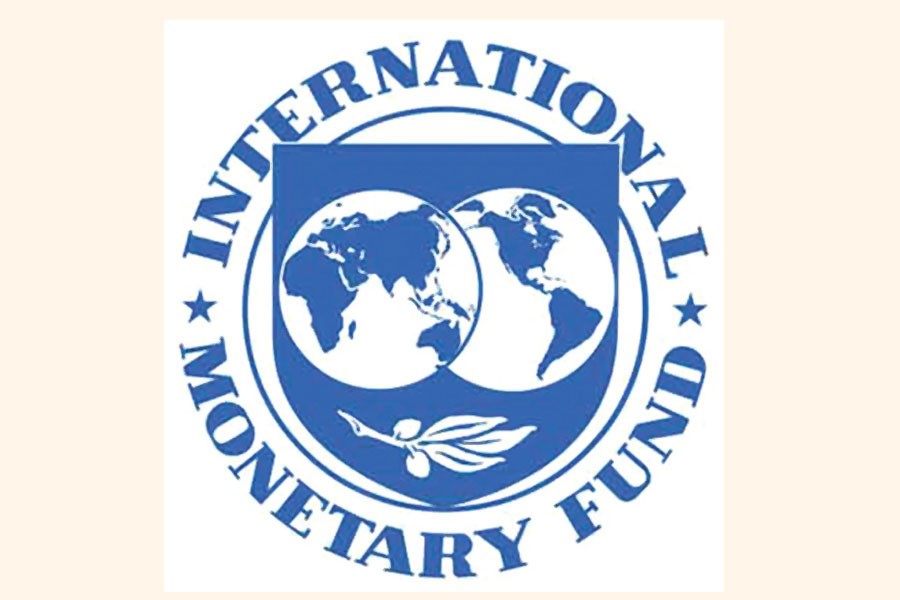Due to delay in executing new VAT law for two years, the International Monetary Fund (IMF) has asked the government about its impacts on revenue collection over the budgetary target, officials said.
The IMF's query came as the Article IV Mission of the multilateral donor agency is due in Dhaka late next month.
In the budget for the fiscal year 2017-18, the government announced enforcement of Value Added Tax (VAT) and Supplementary Duty (SD) Act, 2012, but suspended the plan for two years amid strong protests from the business community.
The new act was supposed to introduce a uniform 15 per cent VAT which the government prepared at IMF's insistence. The government while taking US$1.0 billion extended credit facility (ECF) from the IMF in 2010 pledged to introduce a new VAT act, having only one VAT rate.
As implementation of new VAT law was suspended, the government fears that revenue collection will remain far behind the target of Tk 2.481 trillion set in the current budget.
Finance Minister AMA Muhith two weeks back told newsmen that the state of revenue collection was not good so far, but he was hopeful that the scenario would change.
He acknowledged that an adjustment to the revenue collection target would be needed and it would be made within a month or two.
However, the minister reaffirmed that a single VAT rate would not be introduced in the country since the gap between collection of VAT from other rates was so high.
Sources said the IMF recently sent a set of questions to the central bank on fiscal sector, real sector, and monetary and financial sector to be discussed during the visit of Article IV Mission.
During an Article IV consultation, an IMF team of economists visits a country to assess economic and financial developments and discuss the country's economic and financial policies with government and central bank officials.
The questions include revenue performance so far in FY 2018 and its comparison with the budget target. The IMF also wanted to know about the factors behind the performance and the reasons for under/over performance (if any) relating to the budget.
The implementation of FY `18 tax policy and tax administration measures, and revenue effects of these measures, progress in broadening taxpayer base, including through online taxpayer registration and VAT filing have also been included in the questionnaire.
Lead Economist of World Bank Dr Zahid Hussain told the FE on Friday that the single rate of VAT may not have any significant impact on consumers since there was a list of goods which were supposed to enjoy waiver.
"The new VAT act was simple while the existing one is complex due to several rates of VAT," he said.
Since the government could not introduce the single rate, the question is what solution is planned compromising with the protesters, he questioned.
Hussain, however, underscored the need for expanding the tax net instead of raising burden on existing taxpayers.
"The government has to ensure that VAT the people pay reaches its coffer instead of pocketing by others," he noted.


